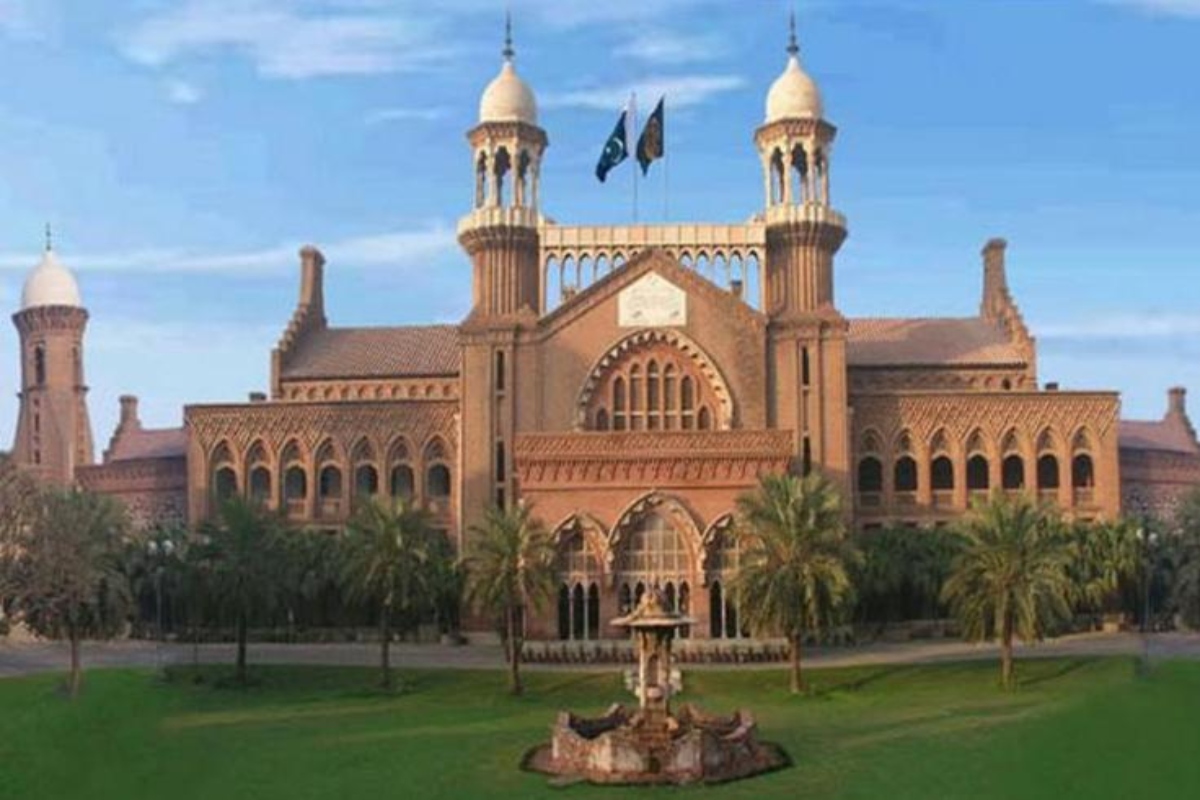- LHC directed to give details of those who gave the gifts.
- The high court adjourned the hearing till March 21.
- Azhar Siddique said public record was incomplete and unverified.
LAHORE: The Lahore High Court (LHC) on Tuesday directed the authorities to present the Toshakhana record from 1990 to 2001 as well, Bol News reported.
Issuing written interim verdict for presenting verified record of Toshakhana, the high court also directed to give details of those too who gave the gifts. The section officer told that record from 1990 to 2001 was also available. The court ordered to present it and adjourned the hearing till March 21.
“The court will review, if the information should be kept secret or not. Nobody is a sacred cow. Only national interest is given priority by the court,” read the verdict.
[embedpost slug=”/gift-owned-by-person-who-has-been-given-it-shahid-khaqan/”]
The LHC has also sought the cabinet committee record. The court was apprised that the Toshakhana record was put on the website.
Advocate Azhar Siddique objected to it and told that the record put on website was incomplete and unverified.
ON December 17, 2022, LHC had been asked to order the federal government to make complete details of Toshakhana gifts, received by the political rulers and the bureaucrats from the foreign dignitaries since the creation of Pakistan, public.
“The right to information is an integral part of a progressive democratic state and the same has been elaborated by the superior courts saying the right to information in all matters of public importance is indisputably a fundamental right guaranteed under Article(s) 19 and 19-A of the Constitution,” Munir Ahmad, a lawyer by profession, had pleaded in a writ petition filed through Advocate Azhar Siddique with the Lahore High Court (LHC).
The petitioner had submitted that the right to information stemmed from the requirement that members of a democratic society should be sufficiently informed that they might intelligently influence the decision which might affect them.



















